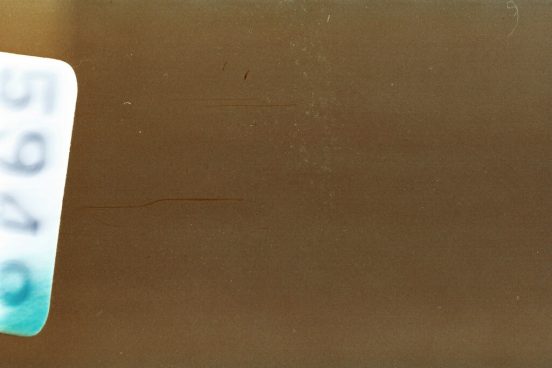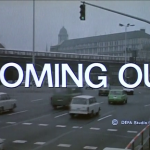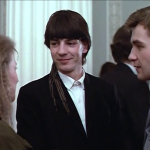Heiner Carow (1929–1997)
Heiner Carow was one of the most respected and acclaimed film directors in East Germany. He completed training through the DEFA Studio for Young Talent and studied with Gerhard Klein and Slatan Dudow, among other directors. Carow directed his first feature film in 1957: Sheriff Teddy. His earliest long-lasting success came with Sie nannten ihn Amigo (1958, They Called Him Amigo). With these films, Carow demonstrated his ability to make appealing films that focused on children’s or young people’s experiences. In the 1960s and 1970s, Carow’s films expanded beyond this audience. Carow’s film Die Russen kommen (1968/1987, The Russians Are Coming) ran afoul of officials and was banned, ostensibly for its focus on a follower of the Nazis and not a figure struggling against fascism. The film was banned and not released until 1987. In the 1970s, two of Carow’s films in particular were enormous successes and reached large audiences: Die Legende von Paul und Paula (1972) and Bis daß der Tod euch scheidet (1978, Until Death Do Us Part). With Coming Out (1989), Carow made another long-lasting contribution to the history of East German film with a landmark story of Philipp, a young teacher who comes to accept his homosexuality. Carow’s last film was Verfehlung (1991, The Mistake), finished and released after German Reunification.
The DEFA-Stiftung’s page on Heiner Carow: https://www.defa-stiftung.de/defa/kuenstlerin/heiner-carow/






Comments by KF